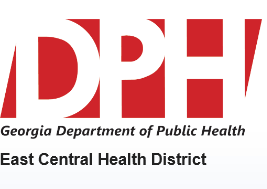Symptoms:
Thin stools, cramping, bright red blood in your stool or dark tarry stools, unexplained weight loss, fatigue change in bowel habits, consistent bloating, constipation.
Data:
- Among cancers that affect both men and women, colorectal cancer is the second leading cause of cancer deaths in the United States.
- Every year, about 140,000 people in the United States get colorectal cancer, and more than 52,000 people die of it.
- Precancerous polyps and colorectal cancer don’t always cause symptoms, especially at first. If you have symptoms, they may include blood in or on the stool, abdominal pain that doesn’t go away, or losing weight and you don’t know why. If you have any of these symptoms, see your doctor.
- There are several screening test options. Talk with your doctor about which is right for you.
- Only about two-thirds of adults in the United States are up-to-date with colorectal cancer screening.
“Colorectal Cancer Awareness Feature.” Centers for Disease Control and Prevention, Centers for Disease Control and Prevention, 23 Feb. 2021, https://www.cdc.gov/cancer/dcpc/resources/features/ColorectalAwareness/.
Preventive measures that can be taken:
Drink plenty of water; eat plenty of fruits and vegetables, fiber, and whole grains.
Screening Recommendations:
Have a Colonoscopy at age 45; and as early as 40, if there is a family history of colorectal cancer. It is important to discuss your risk factors with your provider.
Treatment Options:
Radiation, Chemotherapy, Immunotherapy, Compassionate Drug Therapy. (Use of a new drug when no other treatments are available.)
Off Label Drug use (Investigational drug use)
More information:
American Cancer Society
CDC on colon cancer
US Preventive Services Taskforce






